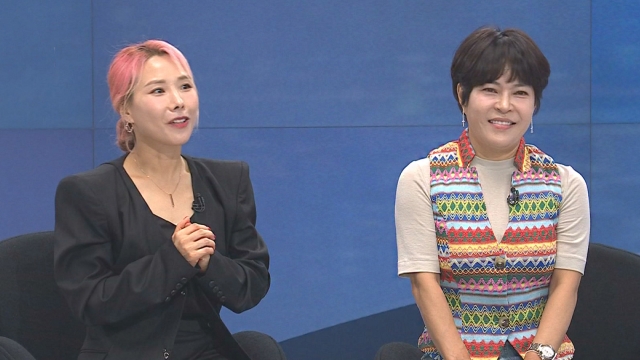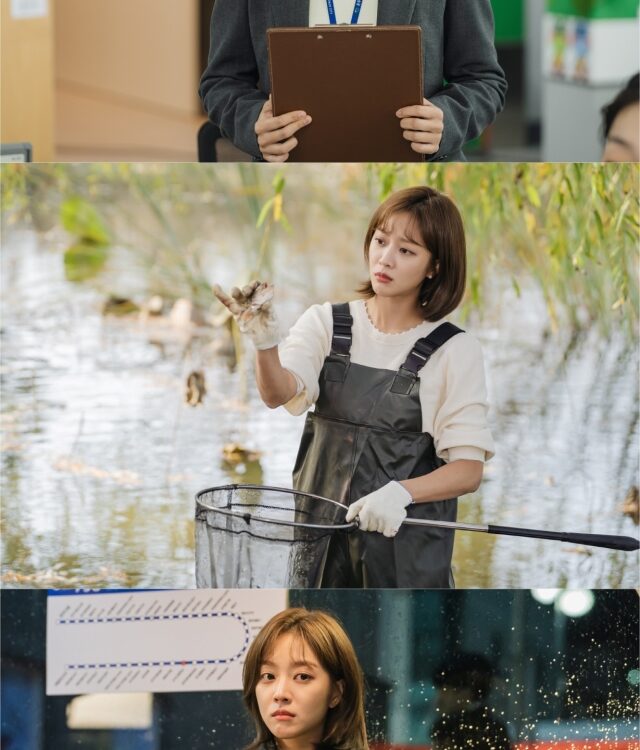
8 Highly-Anticipated K-Dramas Set To Air In August 2023
2023년 07월 19일
EXO’s D.O. Has The Most Unexpected Reaction To MAMAMOO Hwasa’s Sexy Performance At The “2nd Blue Dragon Series Awards”
2023년 07월 19일[ad_1]
In order to survive, I have to leave the country I was born in one way or another. After that, they endure discrimination and settle down in another country where the language and culture are unfamiliar. If you’re lucky, you survive.
It may be difficult to relate to these days as a teenager born in affluent Korea, but teenagers around the world who have been in such a situation have existed for a long time. Vietnamese actor Ki Hoi Quan, who won the Academy Award for Best Supporting Actor for ‘Everything Everywhere All At Once’ at the Academy Awards earlier this year, had a similar experience. He gave a tearful acceptance speech saying that behind his success is the pain of the “boat people”. It is the history of a bitter individual who, as a child, escaped the Vietnam War and had to board a boat and cross the open sea to escape to other countries such as Hong Kong and the United States.
It’s not just a story from the 1970s. More than 50 years later, many youths are still leaving their hometowns and heading to foreign countries for reasons such as wars between countries, civil wars between ethnic groups, and joblessness due to economic collapse. A typical example is the children of Northwest Africa, commonly referred to as the ‘Magreb’. You can get to Europe by crossing the Mediterranean Sea by boat, so try to get on board for survival. Of course, it is not easy to meet the strict refugee qualifications of European countries. In many cases, they are exposed to unstable low-wage jobs as undocumented immigrants, and sometimes they become parties to ‘incidents’ that disappear from the world without even knowing. The Dardenne brothers’ new film ‘Tori and Lokita’, which will be released on the 10th, is a work that looks into the tragic lives of such children.

‘Tori and Rokita’ are the names of the two teenage protagonists. Tori (Pablo Sils), an 11-year-old boy from Africa, and Rokita (Jolie Mbundu), a 16-year-old girl, come to Belgium by boat. The two children, who first met on the ship, rely on each other more deeply than between their blood to survive, but unlike young Tori, who received permission to stay relatively easily, Rokita’s trouble begins when she does not receive a residence permit. Unable to find her regular job, Rokita is forced to work in an illegal facility that grows drugs. It is the point at which predicted misfortunes occur sequentially. The man who arranged the illegal job sexually molested him, and the brokers who took him on the ship to Europe urged him to ‘pay the price’.
The Dardenne brothers, masters who have directed works that look into marginalized people throughout their lives and won the Palme d’Or twice at the Cannes Film Festival, thoroughly exclude sympathetic gaze or directing that stimulates emotions in this work, and just calmly describe the two children’s struggle for survival. It just ‘shows’. Tori and Lokita work together to survive even in the gap of fallen adults. The highlight is the labor scene in Rokita, described in detail as if it were a scene from a documentary. Trapped in a completely sealed drug cultivation facility without a single window, Rokita sweating profusely, watering marijuana leaves and maintaining ventilation facilities, gives a gloomy pain that makes her breathless just by looking at it.

Director Jean-Pierre Dardenne, who visited the Jeonju International Film Festival to tell the story of ‘Tori and Lokita’ on the 27th of last month, said, “I read a newspaper article saying that hundreds of foreign minors have disappeared in a negative way after moving to Europe.” He said that he took the megaphone because he thought it was impossible for young children to disappear in such a way in modern society. Rokita’s life, which was supposed to earn money by becoming a ‘housekeeper’ in Belgium, also ends in a terribly futile death on the street. The real death, which no one remembers, was transferred to the film. Perhaps, at the Academy Awards ceremony earlier this year, when Ki Hoi Quan confessed his refugee experience with thick tears dripping down his face, it was the overwhelming joy of his hard-won success and at the same time a sign that he was living a miserable life because he was “unlucky like himself.” It may have been sympathy for the pain towards ‘Tori and Rokita’ who passed away early.
[ad_2]




